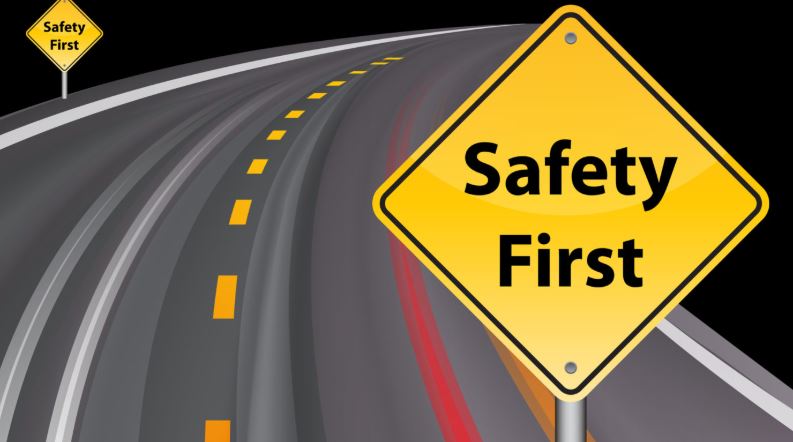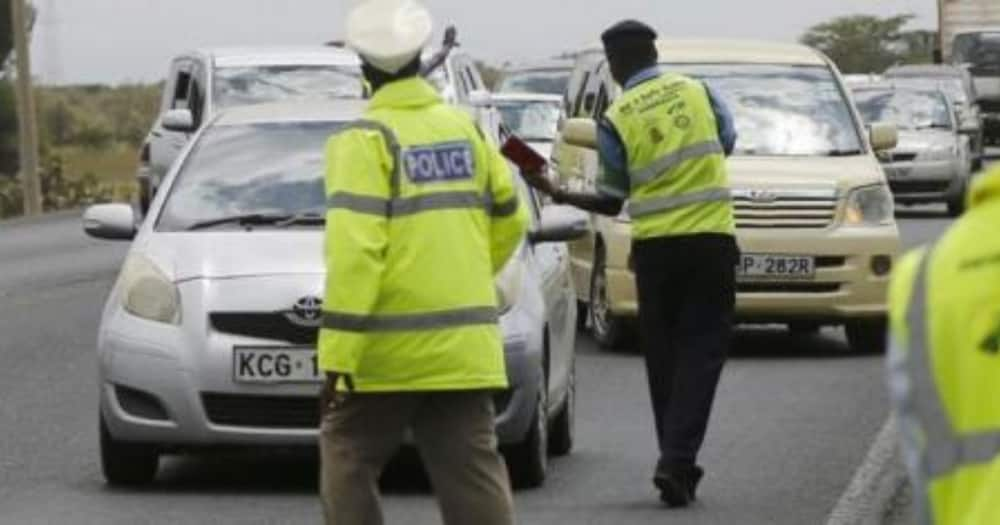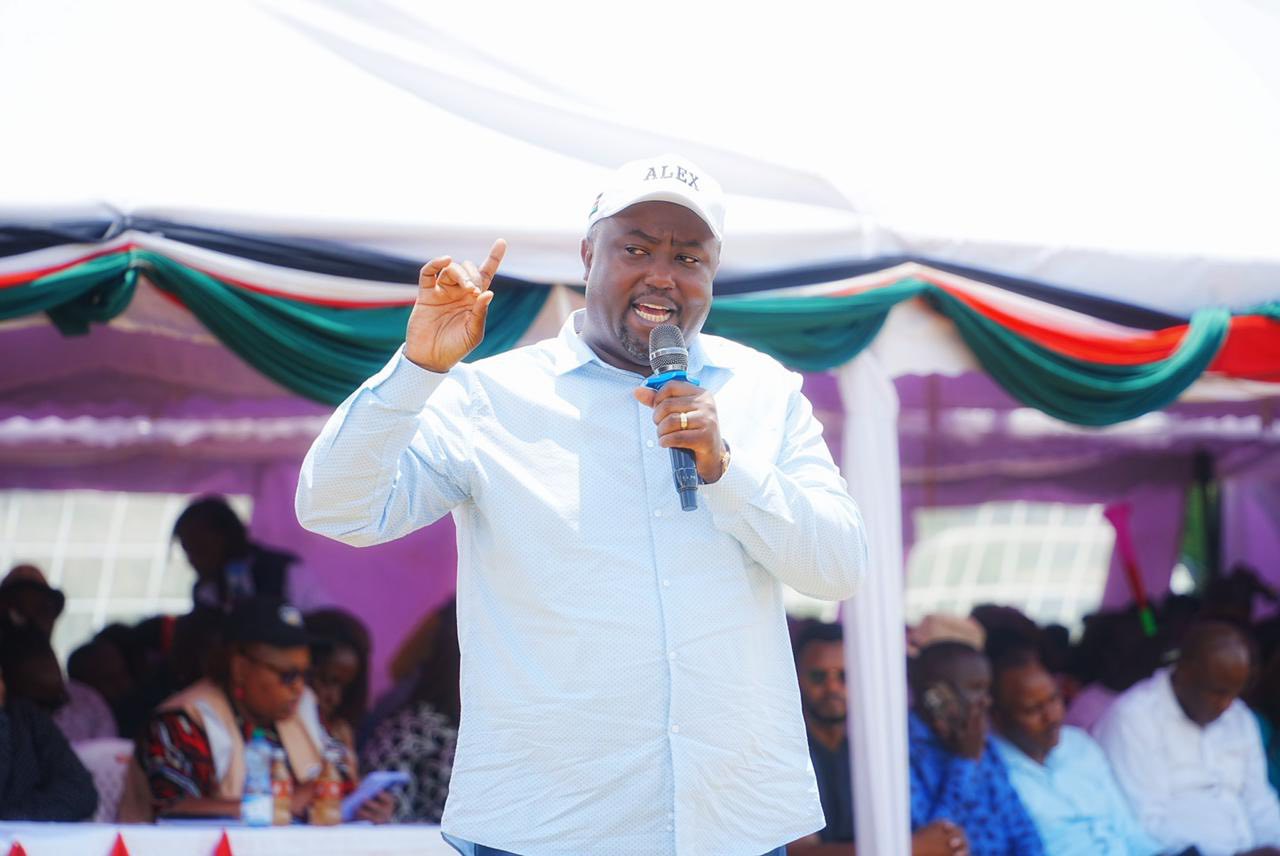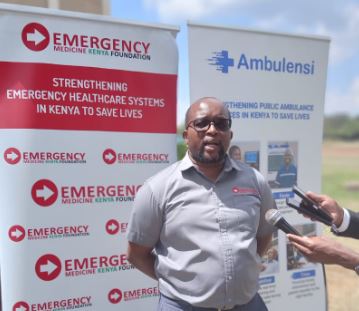Since the beginning of 2024, Kenya has witnessed a troubling rise in road traffic accidents, resulting in a 7% increase in fatalities compared to the same period last year, with 1,026 lives lost.
This alarming trend underscores a pressing need for robust interventions to stem the tide of road carnage.
The government’s response, promising the deployment of NTSA and traffic police at roadblocks, is a step in the right direction. However, these measures must be accompanied by more comprehensive strategies addressing the root causes of accidents.
Kenya’s road safety challenges reflect those of many middle-income countries, where inadequate infrastructure and enforcement contribute significantly to the high accident rates.
Despite NTSA’s mandate to manage the road transport sub-sector and minimize fatalities, its performance has been underwhelming. Issues such as missing signposts, careless driving, and infrastructure deficiencies persistently plague our roads.

Moreover, corruption within NTSA undermines its effectiveness. The agency, listed as the top recipient of bribes, struggles to enforce safety measures impartially.
The National Road Safety Action Plan 2023-2027, while ambitious in its goals, risks being derailed by pervasive corruption unless stringent anti-corruption measures are implemented.
NTSA’s focus on vehicle-related initiatives, like the mandatory bi-annual inspections, overlooks the safety needs of vulnerable road users such as pedestrians and motorcyclists.
More resources should be allocated to infrastructure improvements, public education campaigns, and enforcement of traffic laws that protect all road users.
Effective enforcement of traffic laws is crucial. Laws must be regularly updated and rigorously enforced to deter reckless driving and ensure compliance.

Penalties for traffic violations should be proportional and consistently applied to enhance their deterrent effect.
The human cost of road accidents extends beyond fatalities to include economic losses and societal impacts. Addressing road safety comprehensively is not just a matter of policy but a moral imperative.
It requires a collective effort from government, civil society, and citizens to prioritize safety, enforce regulations, and foster a culture of responsible driving.
As we navigate these challenges, let us remember that road safety is everyone’s responsibility. Let’s advocate for transparent and accountable governance in NTSA and allied agencies to safeguard lives on Kenya’s roads.
Only through concerted efforts and ethical governance can we achieve lasting improvements in road safety for the benefit of all Kenyans.”
This response highlights the current road safety issues, critiques NTSA’s performance, and proposes actionable recommendations for enhancing road safety in Kenya.
By :Amos Mburu




